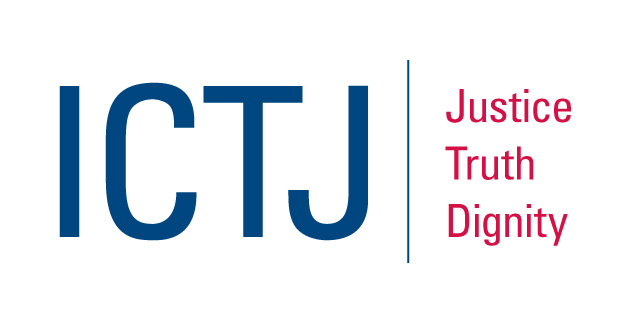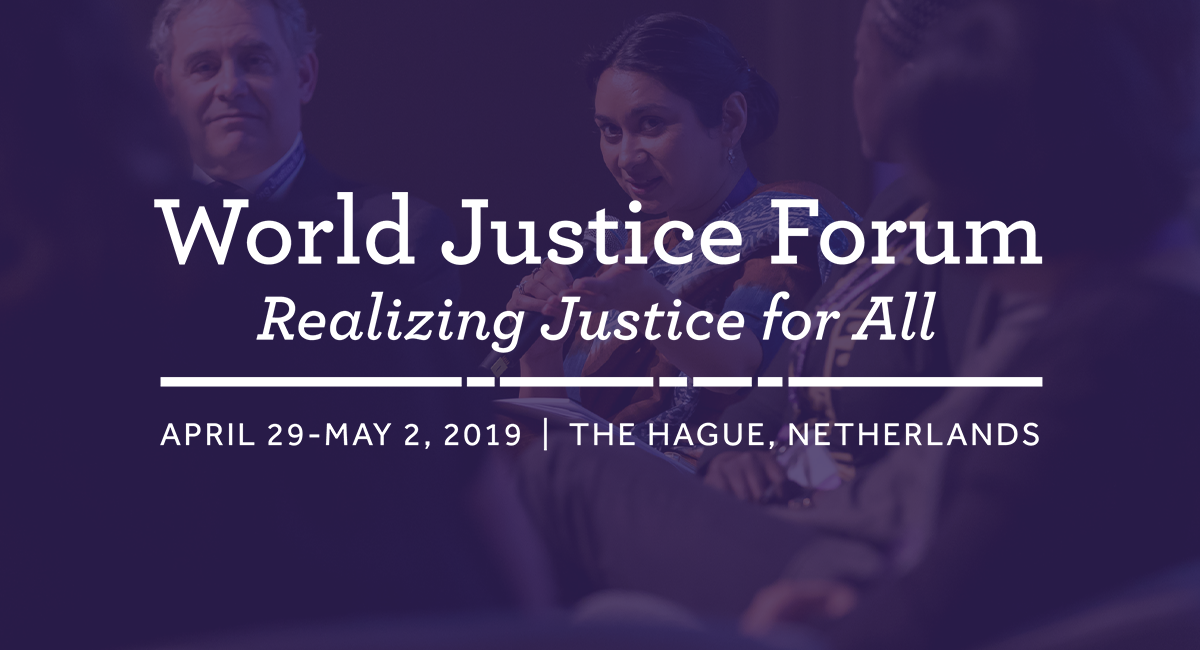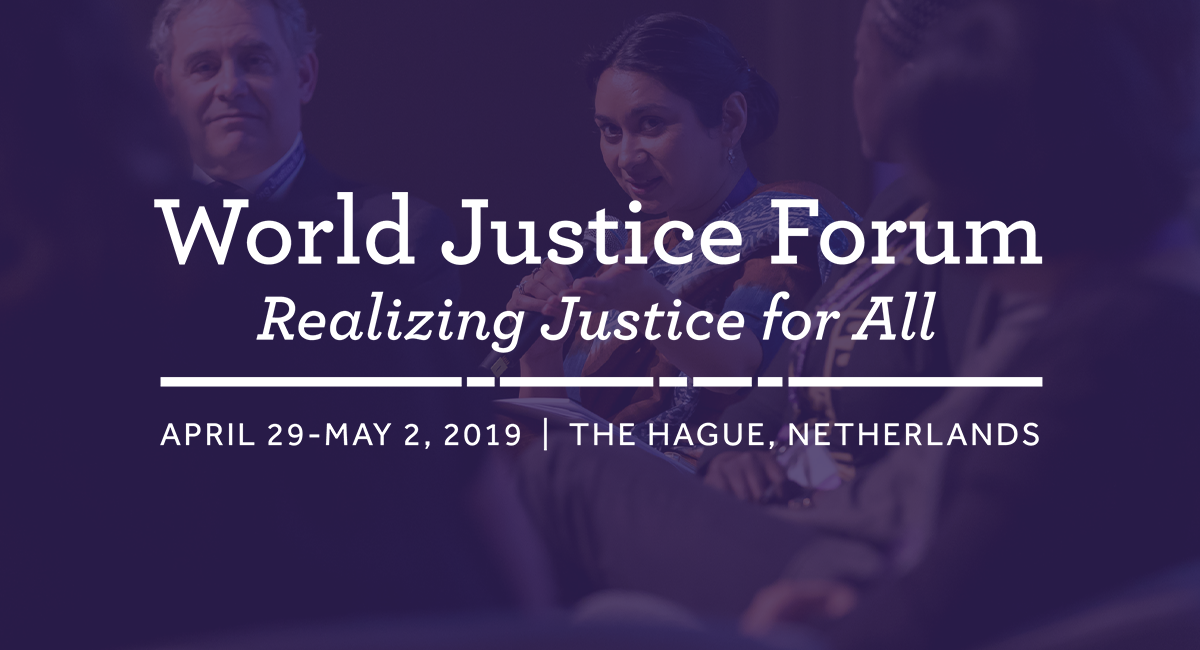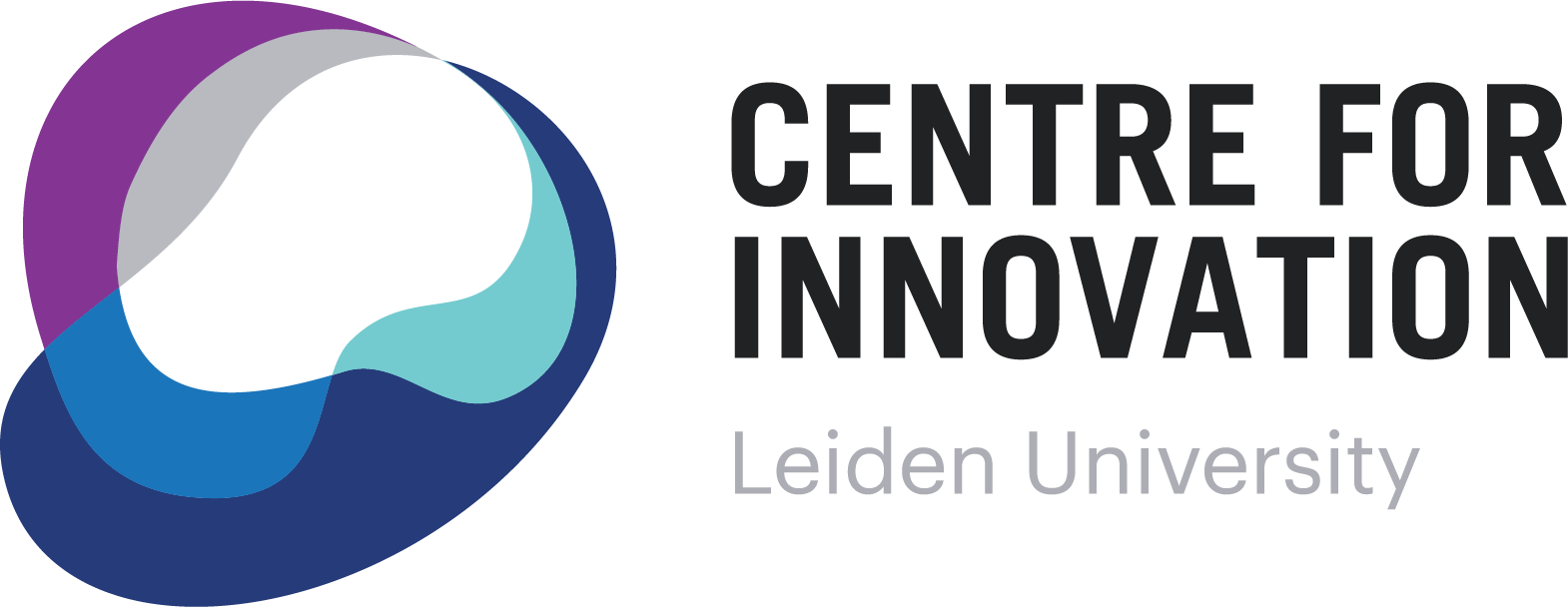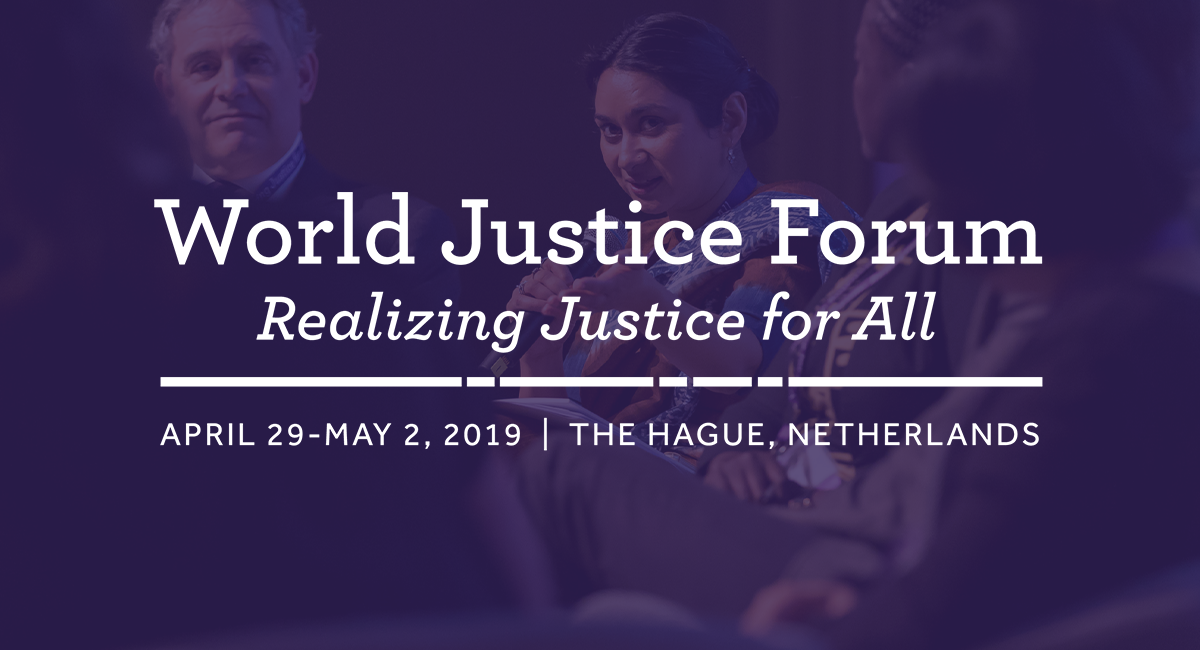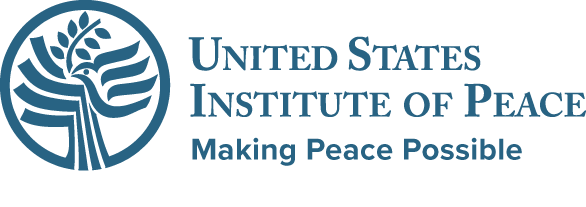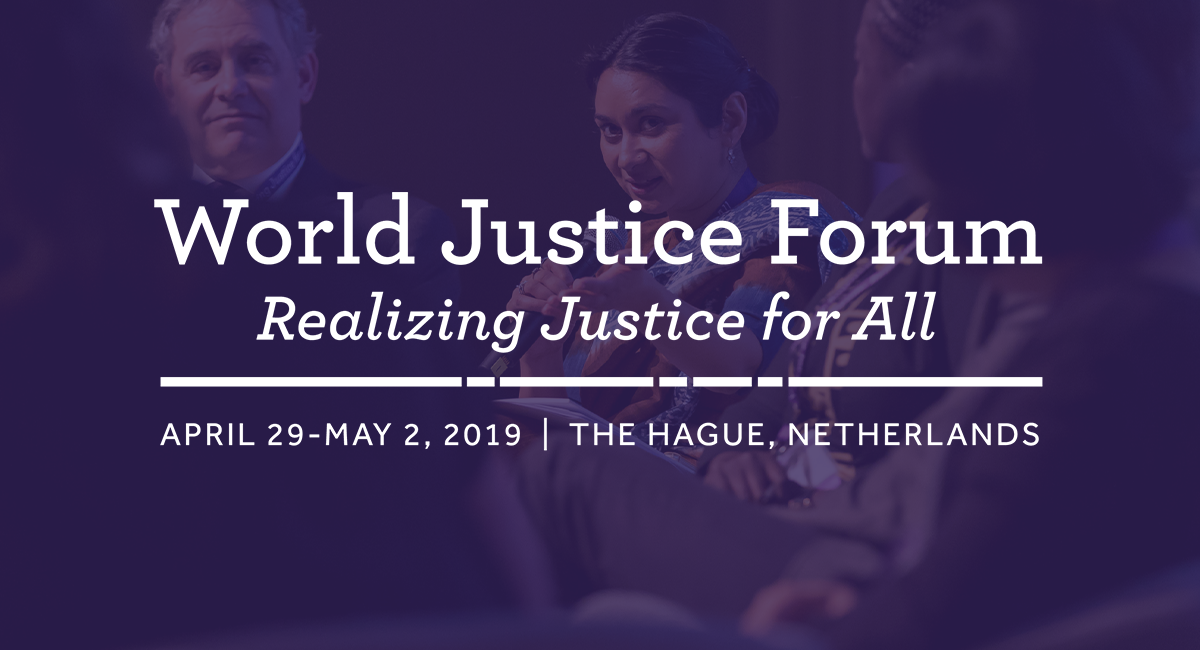In their work to increase access to justice for communities around the world, the Working Group on Transitional Justice and SDG16+ released a report urging policymakers and donors to support transitional justice as one important way to reduce the justice gap. In cases of extreme injustice—including in Syria, Myanmar, and Yemen—decreasing the justice gap is often primarily about stopping, addressing, and preventing the recurrence of large-scale human rights violations. To advance the 2030 Agenda for Sustainable Development in these extraordinary circumstances, extraordinary responses, including transitional justice, are needed so progress toward the SDGs does not leave behind communities with legacies of human rights violations. Transitional justice efforts can put victims at the center of the work and make sure that victims are included in the justice process. Transitional justice can be adapted to different situations and contexts and is flexible about the form that justice takes. Moreover, it can also be designed to tackle problems of scale, address structures of injustices in the form of legacies of violations, and emphasize nonrecurrence. These characteristics make these mechanisms uniquely capable of addressing the justice gap in communities that have experienced repression and conflict.
Read the full summary for this working session.
Additional Resources:

Working Sessions Summaries
